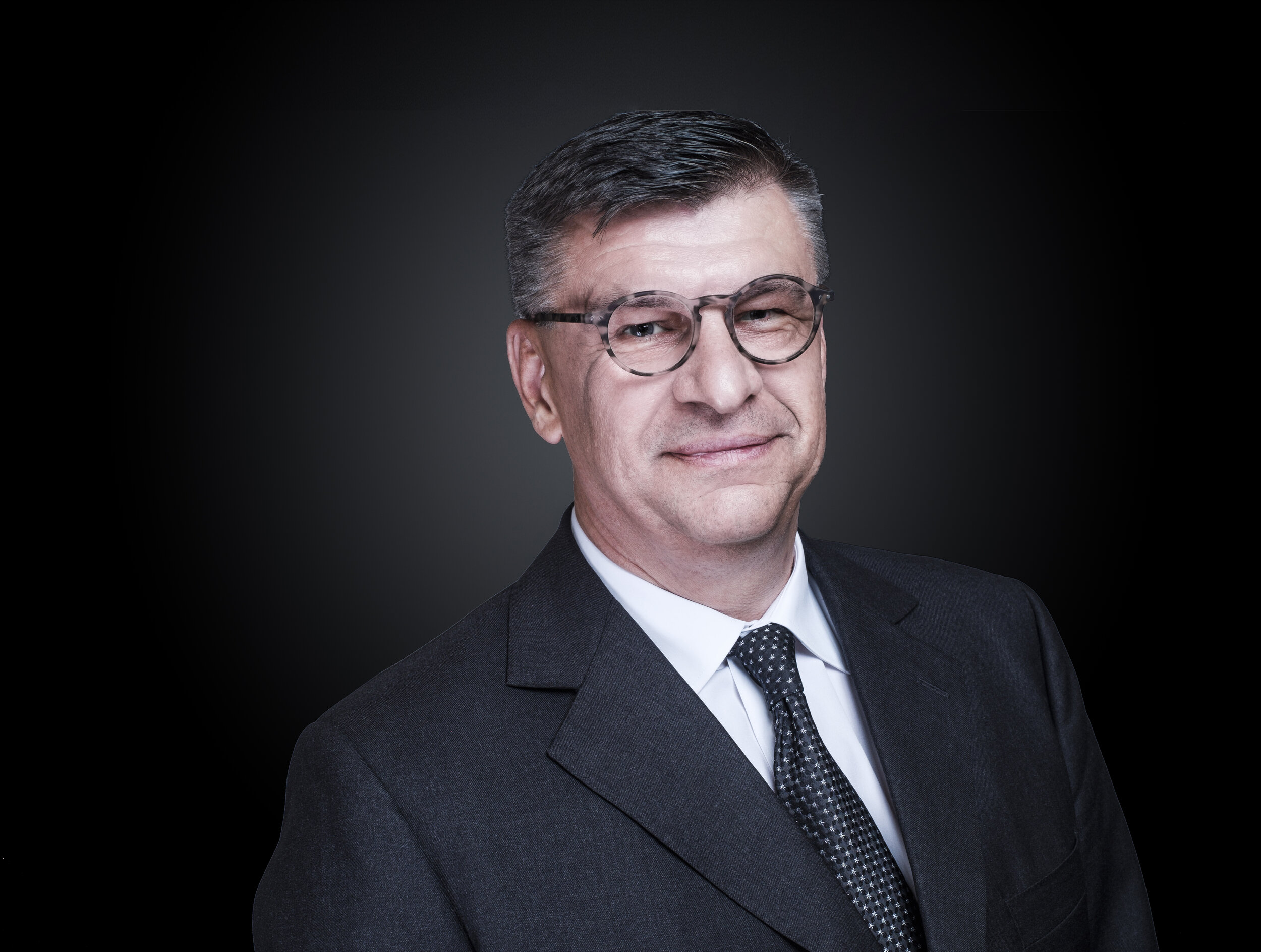2022 - The Year It All Changes for the Biofuel Industry
In 2022, the balance of power in the biofuels industry will shift forever as emerging markets leverage their used cooking oil (UCO) for local biofuel production and stop exporting to the West. Last November, as doors closed on the United Nations Framework Convention COP26 in Glasgow, something felt different. There was the familiar series of important meetings with important people and passionate pleas for action from the young and the old, but behind all of this loomed an unfamiliar presence – the oil and gas industry. In case you’re not familiar, ‘COP’ is short for Conference of Parties. This gathering was established in June 1992 following the Earth Summit in Rio de Janeiro, when 154 countries signed an international treaty committing to “stabilise greenhouse gas concentrations in the atmosphere”. Since then, a total of 197 countries have signed the treaty. Sadly, the level of global greenhouse gas (GHG) concentrations has increased by 40% during this time, leading many to question the whole COP caboodle, and that story needs to be told urgently. I digress. Almost 40,000 delegates registered for COP26, among them global government ministers, VIPs and their entourages.
While that may seem a lot of people, what was really surprising was this: according to the BBC, the largest group of delegates was actually not from a country at all, but from the oil and gas industry. That’s right. At the world’s premier gathering on climate change, the largest group of delegates by far were from the industry largely responsible for causing climate change. This is the fundamental reason I see 2022 as a very different year for biofuels.
The balance of power is shifting and the outcome is uncertain. On one hand, the fossil fuel industry has realised that multinational companies want to use biofuels even without government mandates, and that means buying less fossil fuel. On the other hand, raw materials for more biofuel are not as easy to come by as they used to be. Increased demand is crashing right up against shorter supply worldwide. Why? As has been widely reported, more than half of Europe’s biodiesel has been made from imported oil, much of it from fresh palm oil, which the EU has now decided to phase out.
The world is now turning to used cooking oil (UCO). This is the feedstock my company, Neutral Fuels, has used since inception over a decade ago, and it makes so much sense it has seen us become the largest biofuel producer in the Middle East. In emerging markets such as Africa, Asia and the Middle East, up to 90% of their UCO has traditionally been exported, usually to Europe. But that’s changing quickly. Therein lies the challenge. At the same time that COP26 rocked the climate change community, emerging markets have stopped selling their UCO to Europe. Governments across Africa, Asia and the Middle East are being pushed to spend less on imported fossil fuel and develop their own low carbon alternatives. One by one they are realising that they need a local biofuels industry, but how to source the feedstock? Thankfully, there is another COP, and it is even older and has even more signatories.
The Basel Convention on Waste Treaty, dating from 1992, decided at their COP in May 2019 to extend treaty definitions to include all waste streams, including UCO. This means that its 199 signatory countries have agreed that if they have facilities capable of recycling their local waste, they should ban the export of that waste. In 2016, the Government of India (the world’s largest democracy, population 1.39 billion, and a signatory to the Basel Treaty) passed legislation banning the export of UCO. Their 2019 Repurpose Used Cooking Oil (RUCO) campaign addresses the negative health impacts of human consumption of overused oil and encourages a local biodiesel industry, simultaneously banning the export of biofuels. Other countries such as Turkey, UAE, Oman, Bahrain,Qatar and Saudi Arabia have joined – or are considering joining – the export ban.
This keeps feedstock supplies of UCO at home, to be used in local biofuel production. For feedstock hungry Western countries, this means the raw materials for their biofuel production have all but vanished. There we have it: the perfect storm. As the world emerges from Covid and supply chains once again start to grow, the European demand for biofuels is ramping up. However, countries that used to supply their UCO are keeping it now, taking back their own power by preventing its export and creating their own local biofuel industries. This year, we will see the biofuels industry change forever as emerging markets realise the in-country value of having their own biofuel industries. If COP26 left many unsettled with its emphasis on emerging markets then COP27 and COP28 will unsettle them even further because the location is moving to the Middle East. I believe this is a direct response to the shift in power.
About Karl Feilder: Founder, CEO and Chairman of The Neutral Group and Neutral Fuels, Karl Feilder is a serial tech entrepreneur, sustainability advocate and international speaker. His direct actions to mitigate climate change have resulted in over 14 million tonnes of CO2e savings from global corporations. Karl has previously built five companies to exit via trade sale, and taken two more to their Initial Public Offering (IPO). A British national, Karl is now preparing its Neutral Fuels LLC subsidiary, a company that produces bio-fuel from used cooking oil, for an IPO on the London AIM stock market in 2023. Karl is the host of Middle East podcast and video series, Not Another Empty Suit.
Download Karl Feilder’s media kit and contact his agent here.
You may also like
Follow @Karl_W_Feilder on Instagram
BOOK KARL FEILDER FOR YOUR NEXT EVENT
To book Karl Feilder as a speaker, or for media inquires, please contact briar@theneutralgroup.com or fill out the form below.




















